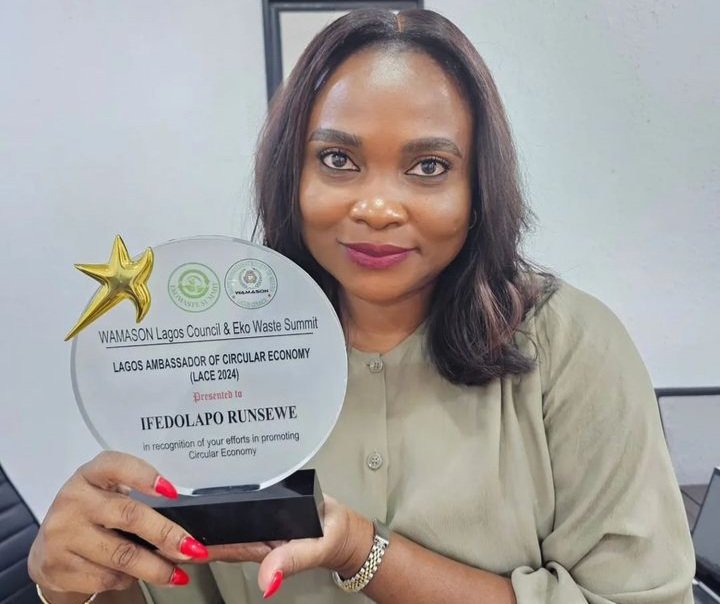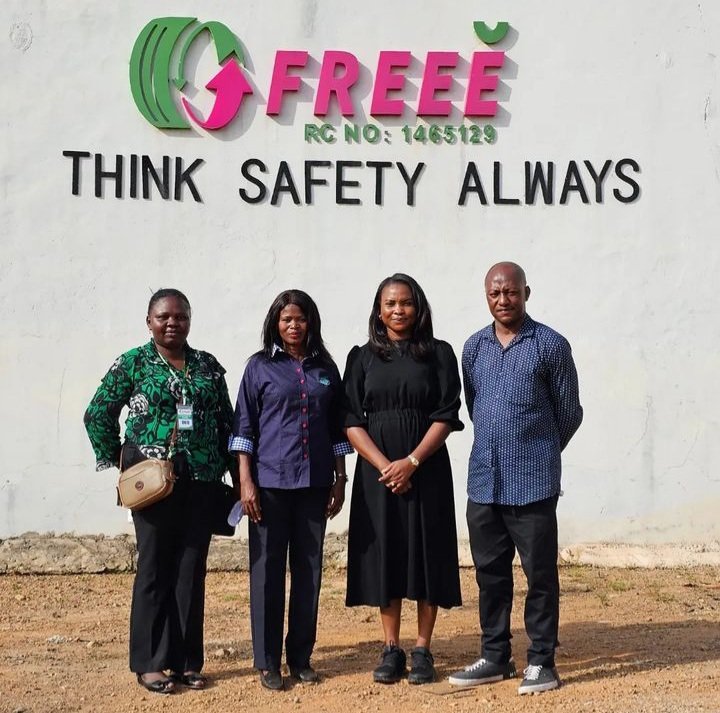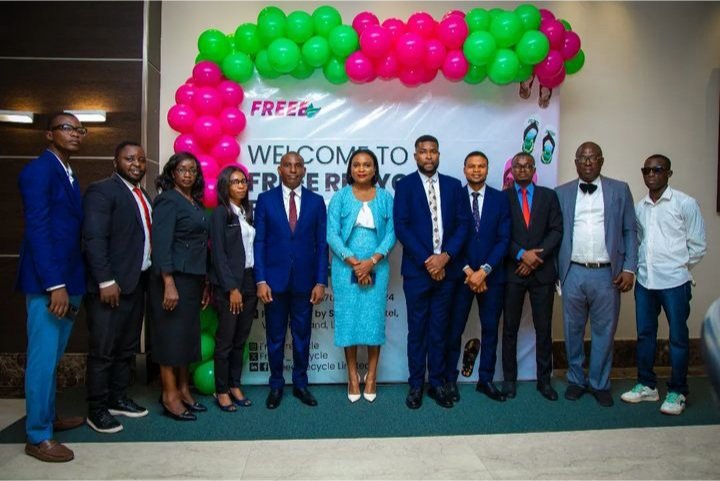In a country known for its vast oil reserves, Ifedolapo Runsewe is on a different quest for “black gold.” As an entrepreneur based in Ibadan, southwestern Nigeria, she is redefining waste management through her company, Freee Recycle, which transforms discarded vehicle tyres into a range of usable products. Runsewe’s journey into the world of recycling began after more than a decade in sales and operations roles within the banking and telecommunications sectors.

The turning point came as she drove past a landfill and was struck by the sight and smell of burning tyres. Intrigued and concerned, she delved into research and discovered the staggering environmental impact of Nigeria’s waste problem. According to the World Bank, Nigeria is set to produce over 100 million tonnes of waste annually by 2050, with old tyres being a significant and hazardous part of this burden. Determined to make a difference, Runsewe spent years refining her vision, raising capital, and developing the necessary technology to launch Freee Recycle officially in 2020.

Despite the challenges, including the need to import technology and the steep learning curve for her staff, Freee Recycle has emerged as a leader in Nigeria’s recycling industry. Today, the company employs 160 people and boasts a facility in Ibadan capable of processing 150 car tyres per hour, with ambitions to expand further. Freee Recycle’s product range includes rubber tiles, mats, paving bricks, marine bumpers, kerbs, insulation rolls, and other rubber accessories. These products are marketed not only for their durability but also for their ethical production, which supports local businesses and addresses a critical environmental issue. By offering more sustainable and cost-effective alternatives to imported goods, Freee Recycle is gaining traction among price-sensitive consumers.

The company sources its raw materials through two main strategies: purchasing discarded tyres from registered vendors and encouraging organisations with vehicle fleets to responsibly dispose of their used tyres through an extended producer responsibility (EPR) programme. This approach not only reduces the volume of tyres ending up in landfills but also creates economic opportunities for tyre collectors and sellers. Freee Recycle’s innovation include a line of upscaled and eco-friendly flip-flops, some of which feature designs celebrating Nigeria’s cultural heritage. This venture into sustainable fashion highlights Runsewe’s commitment to a circular economy, where waste is continually repurposed into valuable products.

Additionally, the company has begun recycling steel, smelting scrap metal for items like nails and wire, further broadening its environmental impact. Runsewe remains focused on her mission: to do something she loves, something that makes her happy, and most importantly, something that positively impacts other people’s lives. Through her pioneering efforts, she is not just transforming tyres but also reshaping the future of waste management in Nigeria.





